Optimal Timing for Foundation Repairs
Foundation repairs are most effective when performed during specific times of the year, depending on weather conditions and soil stability. Proper timing can minimize delays and ensure long-lasting results. Typically, mild and dry seasons are preferred for foundation work, as they reduce the risk of water intrusion and soil movement that can compromise repair integrity.
Spring offers moderate weather conditions, making it a suitable time for foundation repairs before the peak of summer heat.
Summer can be suitable in cooler regions, but excessive heat and dry conditions may cause soil to shift differently, affecting repair outcomes.
Fall provides cooler temperatures and less water exposure, ideal for many foundation repair projects.
Winter is generally less suitable due to freezing temperatures and potential for snow and ice, which can hinder repair work.
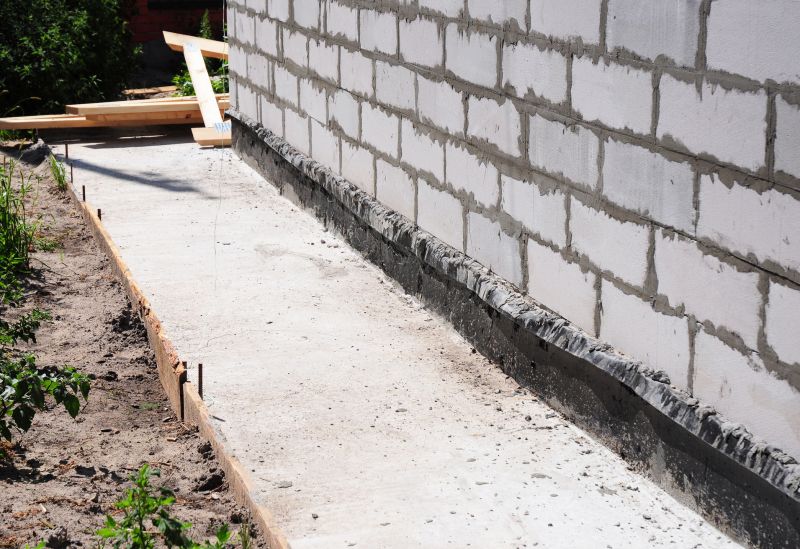
Image depicting foundation stabilization techniques.
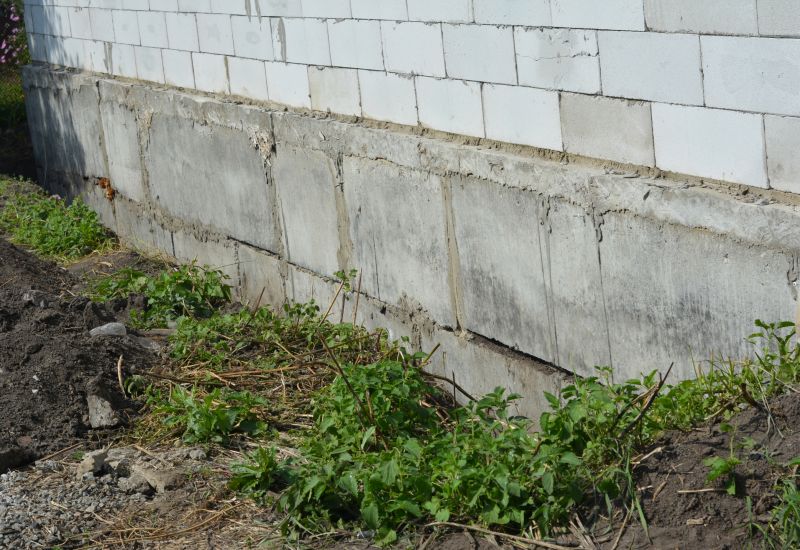
Visual of soil treatment methods used before repair.
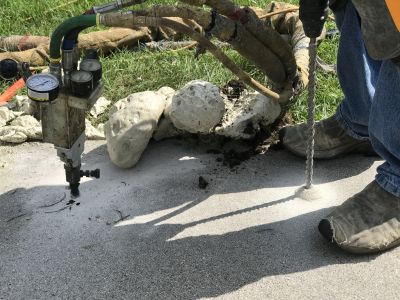
Photos of machinery used during foundation repairs.
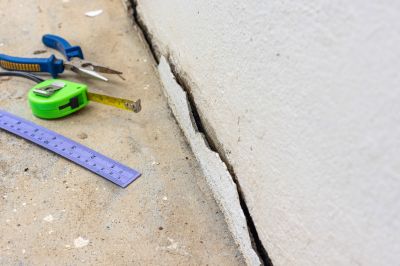
Ways to make Foundation Repairs work in tight or awkward layouts.
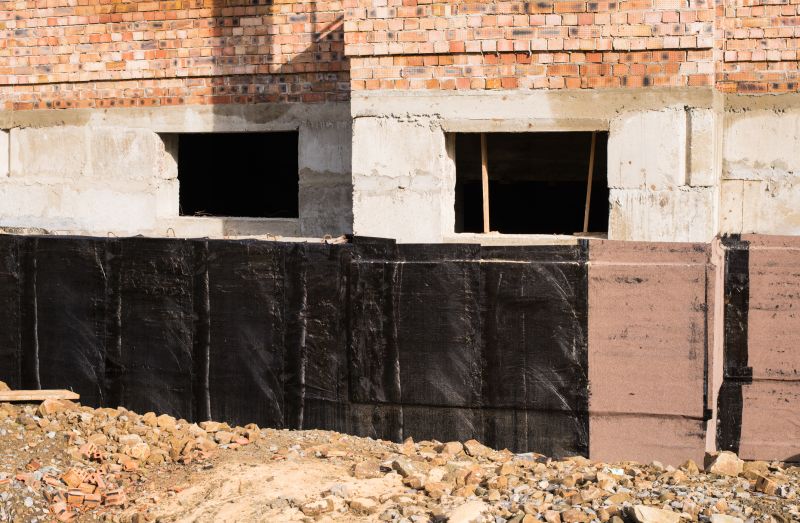
Popular materials for Foundation Repairs and why they hold up over time.
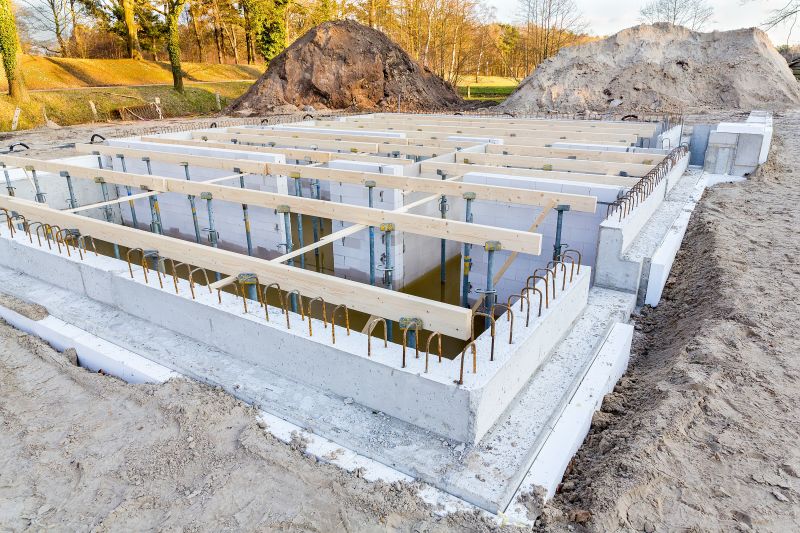
Simple add-ons that improve Foundation Repairs without blowing the budget.
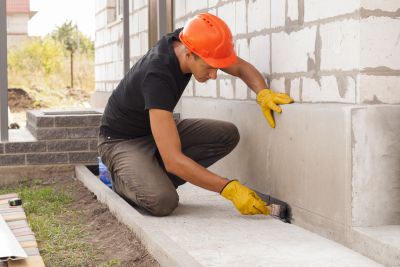
High-end options that actually feel worth it for Foundation Repairs.
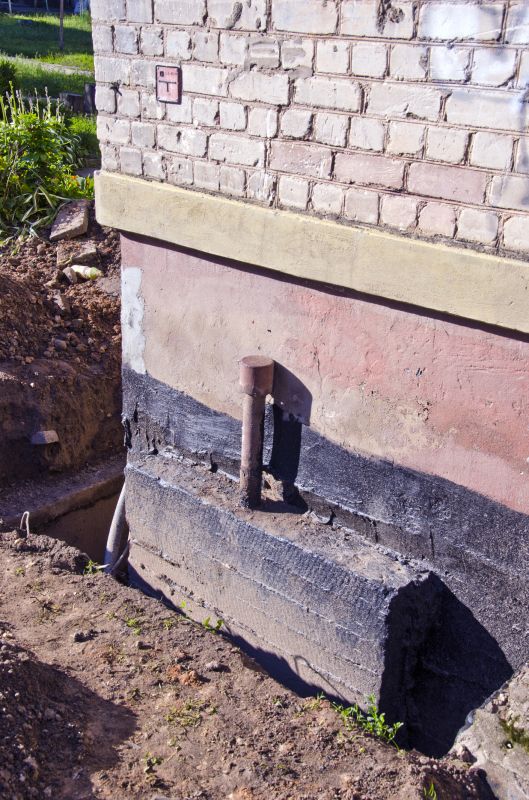
Finishes and colors that play nicely with Foundation Repairs.
| Season | Ideal Conditions |
|---|---|
| Spring | Moderate temperatures, less water |
| Summer | Cooler regions, early summer |
| Fall | Cool temperatures, dry soil |
| Winter | Freezing temperatures, snow |
Foundation repairs involve various methods such as underpinning, piering, and stabilization to correct issues caused by soil movement, water damage, or settling. Proper timing ensures that these methods are most effective, reducing future problems and extending the lifespan of the structure. Statistics indicate that addressing foundation issues promptly can prevent costly repairs later, saving homeowners significant expenses over time.
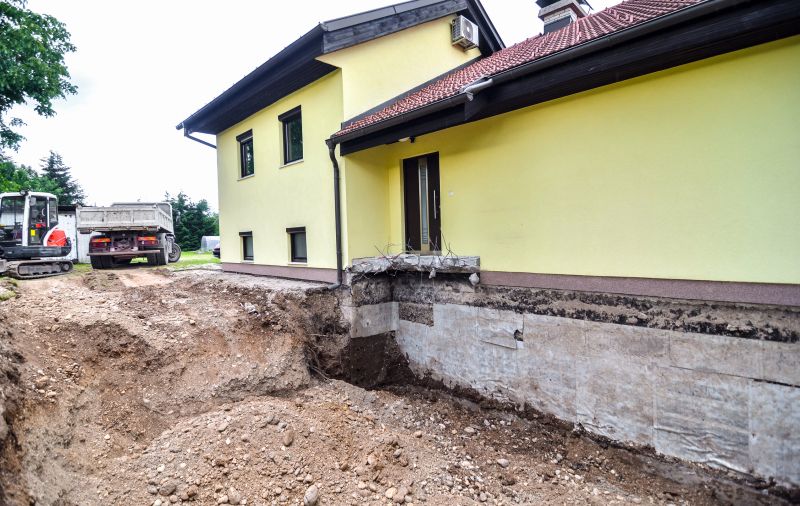
Heavy machinery used for underpinning and stabilization.
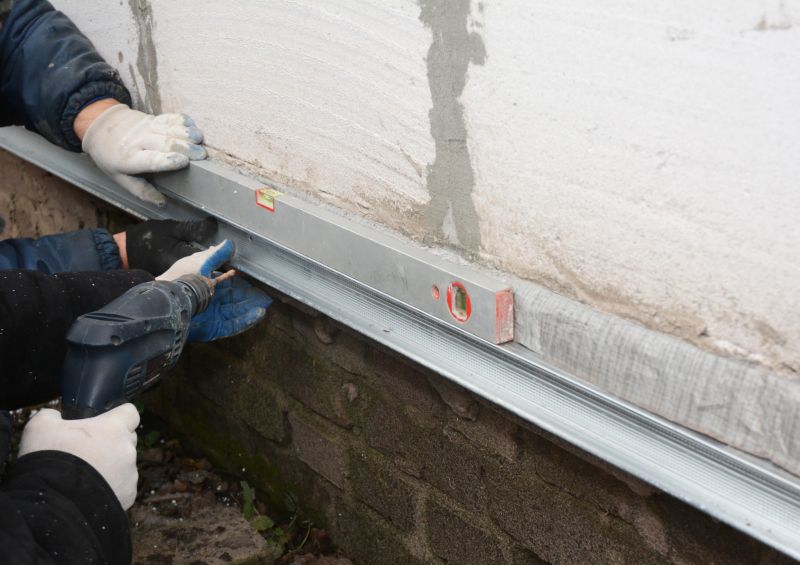
Tools used to assess soil stability before repairs.
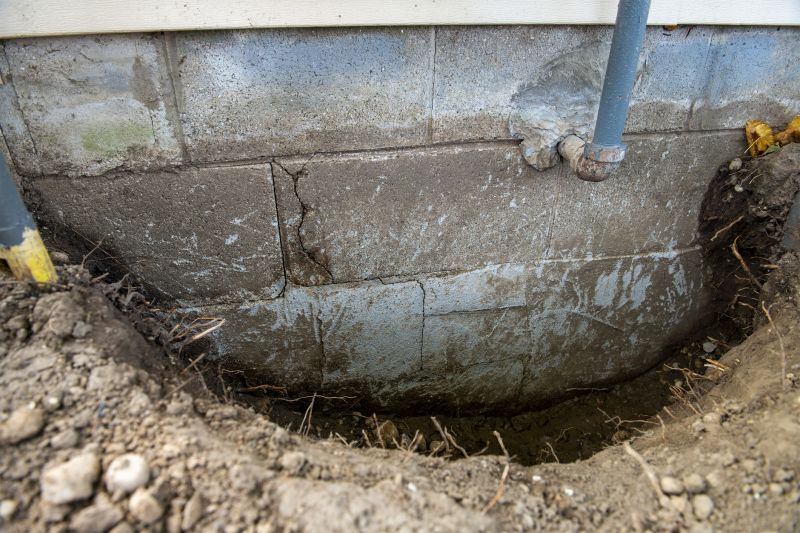
Before and after images of wall stabilization.
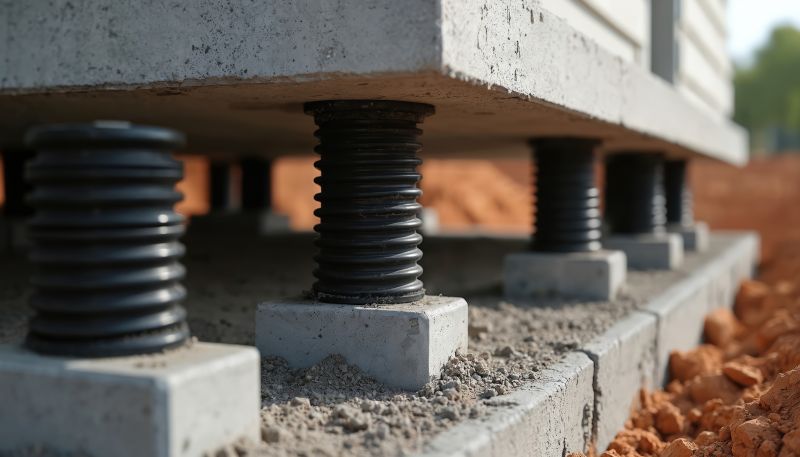
Installation of piers to lift and stabilize foundations.
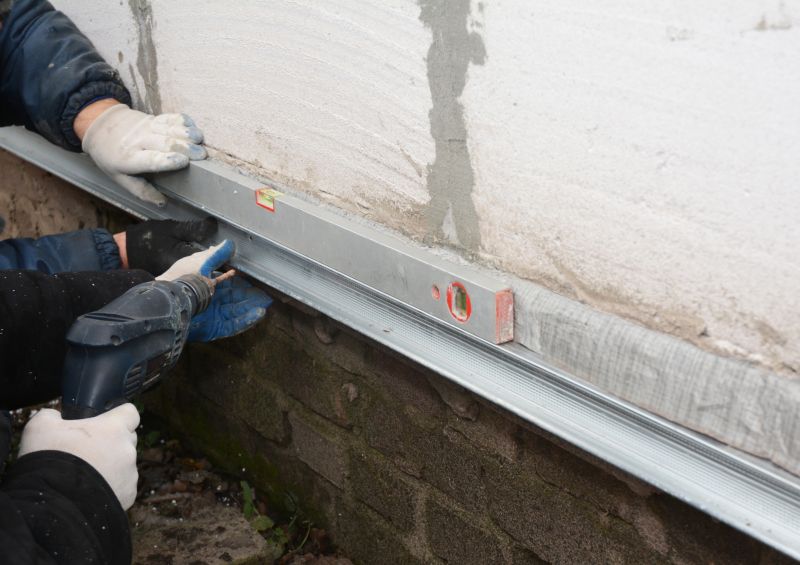
Little measurements that prevent headaches on Foundation Repairs day.
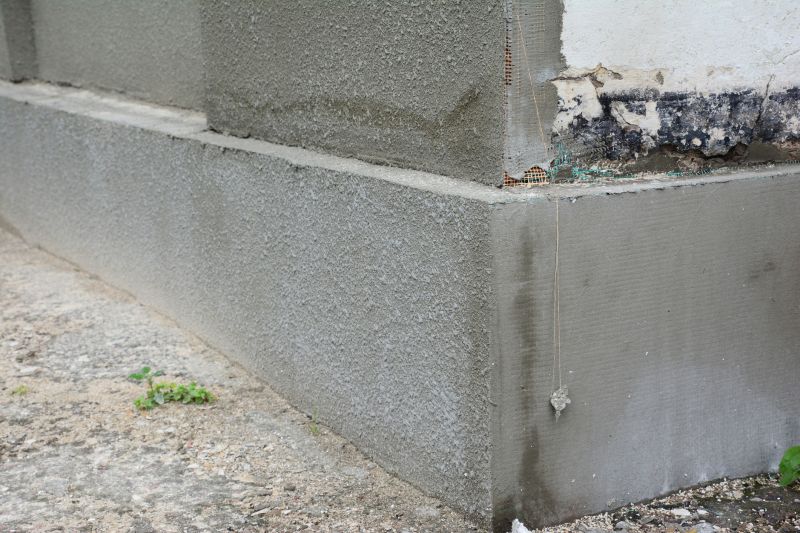
A 60-second routine that keeps Foundation Repairs looking new.
Timely foundation repairs are crucial for maintaining structural integrity and preventing further damage. When performed at the optimal time, these repairs can be more efficient and cost-effective. Homeowners are encouraged to evaluate seasonal conditions and consult with foundation specialists to determine the best time for their specific situation.
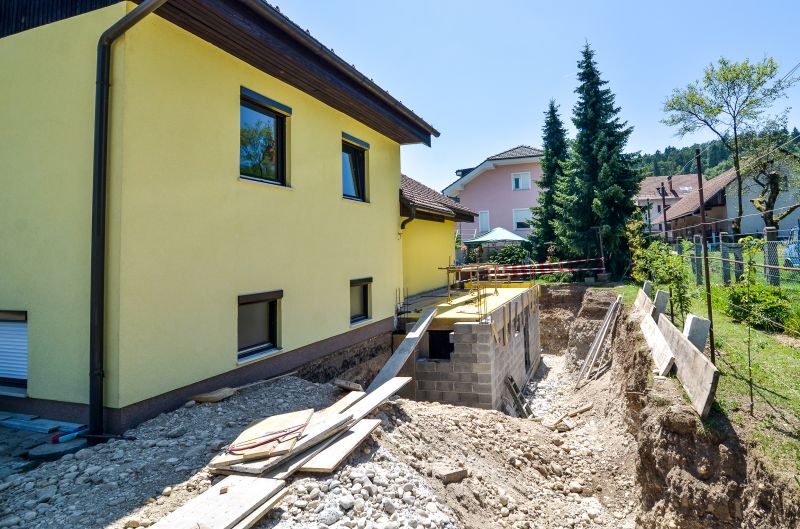
Visual of a foundation inspection process.
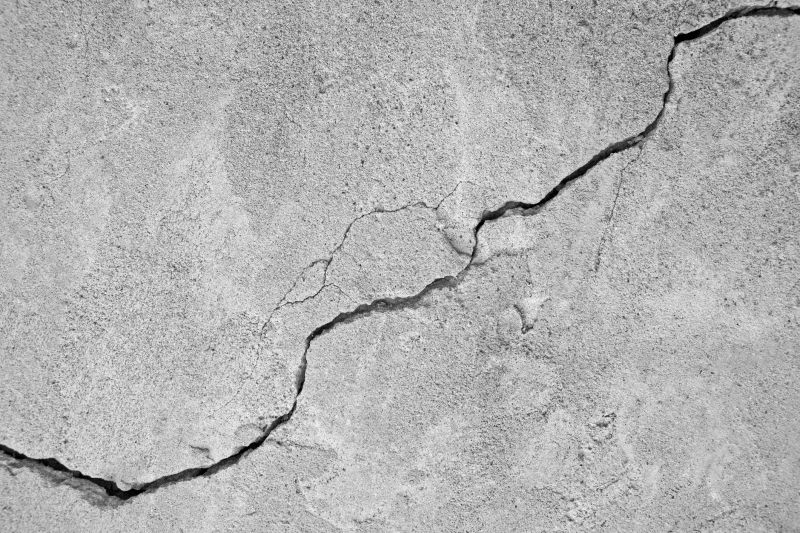
Close-up of repaired foundation cracks.
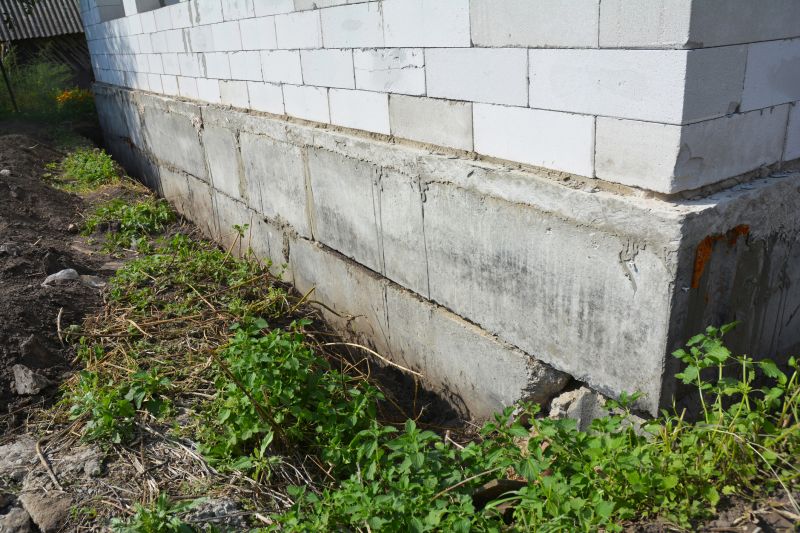
Image showing soil stabilization techniques.
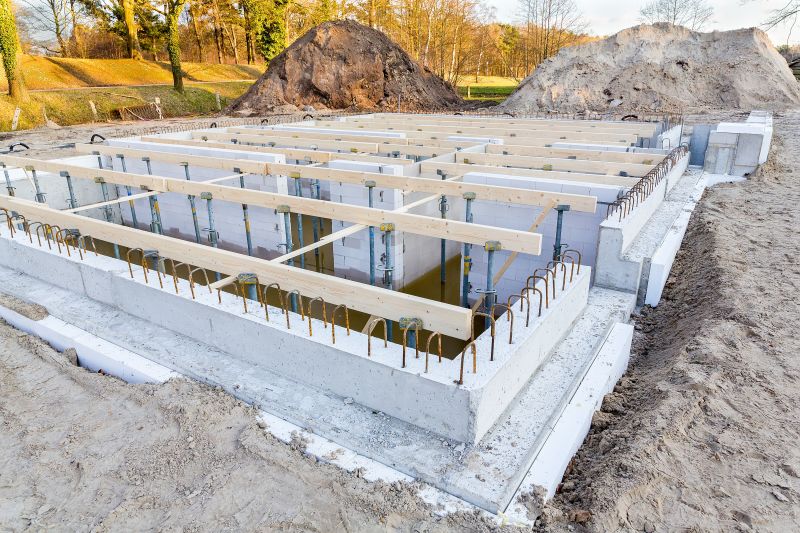
Support beams installed during repair.

Small tweaks to make Foundation Repairs safer and easier to use.
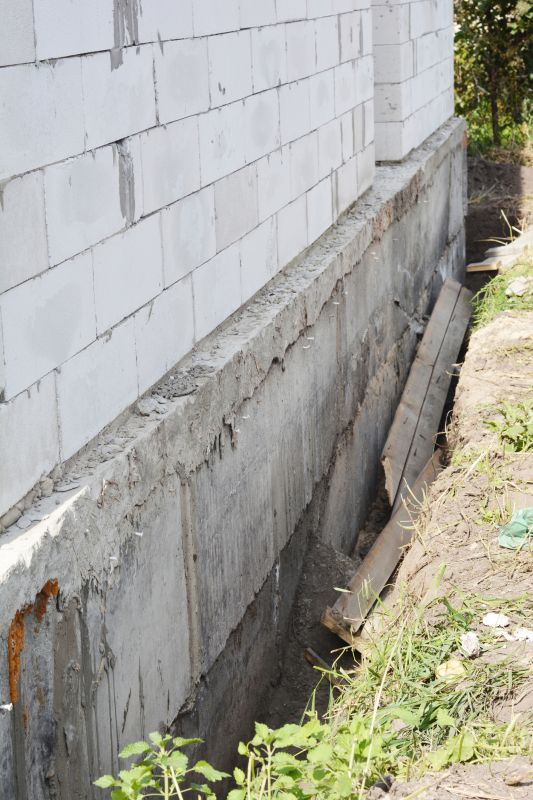
Lower-waste or water-saving choices for Foundation Repairs.
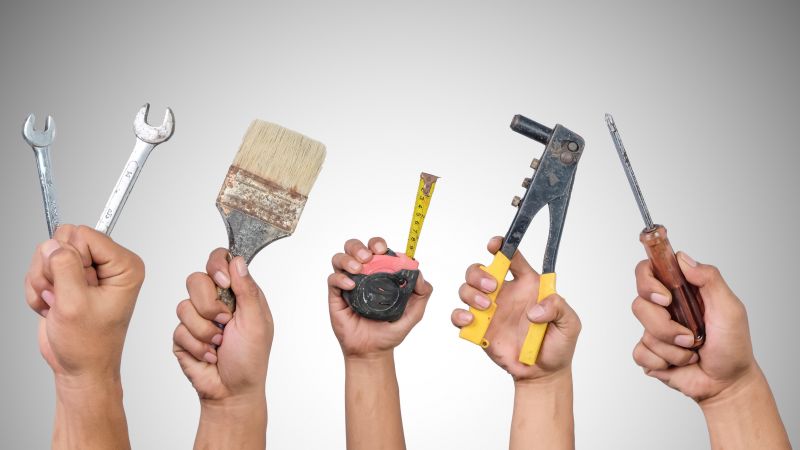
The short, realistic tool list for quality Foundation Repairs.
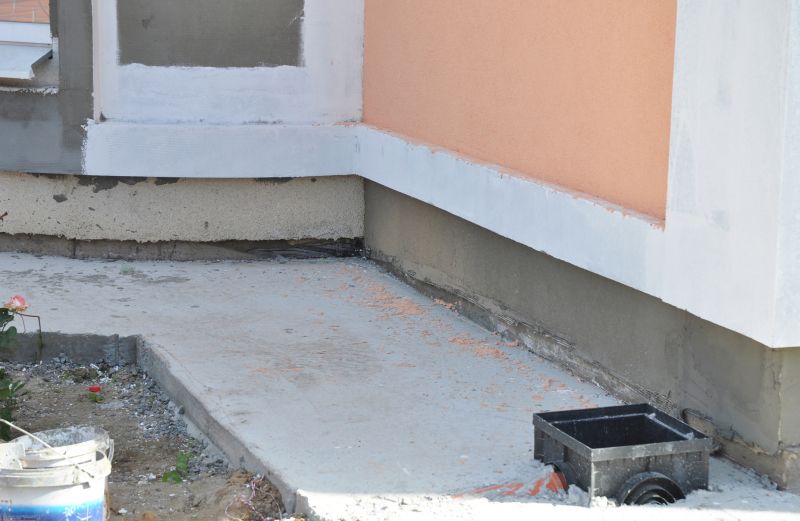
Rough timing from prep to clean-up for Foundation Repairs.
Interested in foundation repairs? Filling out the contact form can provide more information about the best timing and options available for specific foundation issues. Proper scheduling and expert assessment ensure the durability and safety of the structure over time.

